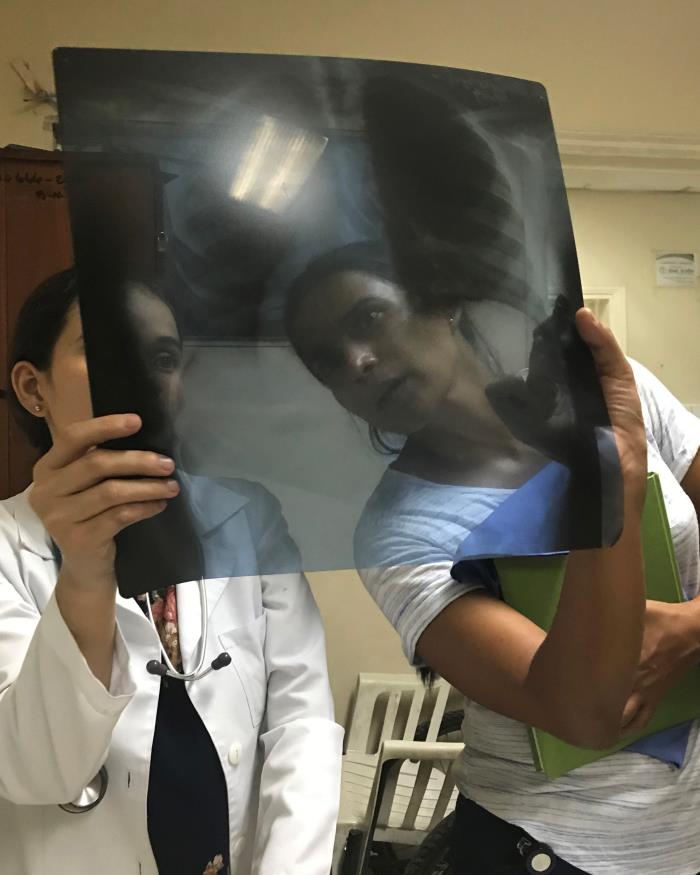At a glance
Severe dengue is a medical emergency. It can start after other symptoms of the disease go away.
Severe Dengue: Know the Warning Signs

Dengue can be deceptive.
The mosquito-borne disease can cause body aches so intense it's sometimes called "break-bone fever." But in some cases, it's most dangerous after the aches and fever subside.
Three out of four people who get infected by the dengue virus never have any symptoms. Most of those who do have symptoms get better in about a week. But of the people who do get sick, about 1 in 20 will get very sick. They might have internal bleeding, go into shock, even die. And severe dengue can start in the day or two after the fever goes away.
"It's counterintuitive for patients, and even for some doctors, who might assume that a fever resolving automatically means they are getting better," says Dr. Joshua Wong, who leads the CDC clinical care team responding to this year's outbreak in Puerto Rico. But with dengue, "When the fever goes down, that is precisely when you need to be seen by a doctor and monitor for signs or symptoms that might suggest you're progressing to severe dengue." When dengue becomes severe, "It happens fast – like on the order of hours," says Wong, a lieutenant commander in the U.S. Public Health Service. "Patients sometimes can wait too long before they seek help."

Severe dengue is a medical emergency, so get help immediately if you or a family member has
- Stomach pain or tenderness
- Vomiting (at least 3 times in 24 hours)
- Bleeding from the nose or gums
- Vomiting blood or blood in the stool
Dengue cases are at record levels worldwide this year. It has already sickened more than 2,000 people in Puerto Rico, and more than half of them have had to be hospitalized.
Dengue outbreaks tend to occur every few years in areas with mosquitoes and where the disease is common. Four different types of viruses cause dengue, and the types that are circulating this year haven't been seen much in the past decade, so people's bodies are less likely to have built up immunity to them, Wong says. Some people are more likely to get sicker than others, including infants, people over age 65, and people with conditions such as diabetes, high blood pressure or chronic kidney or liver disease.
"There is a tight-knit healthcare community here in Puerto Rico that has a lot of experience with the disease. These healthcare workers here gave excellent care to patients during the last outbreak, and are doing the same for this outbreak," Wong says. But people who don't have quick access to healthcare may get sicker before getting treatment, he says.
Warmer, wetter weather also means there are more mosquitoes in more places. And people are traveling more, especially to areas with risk of dengue. All these factors have contributed to an alarming rise of dengue cases globally.
The mosquitoes that spread it can be found in much of the U.S. mainland, too. So protect yourself this summer by
- Using EPA-registered insect repellent.
- Wearing loose-fitting, long-sleeved shirts and pants, when possible.
- And dumping out standing water, where mosquitoes lay eggs.
